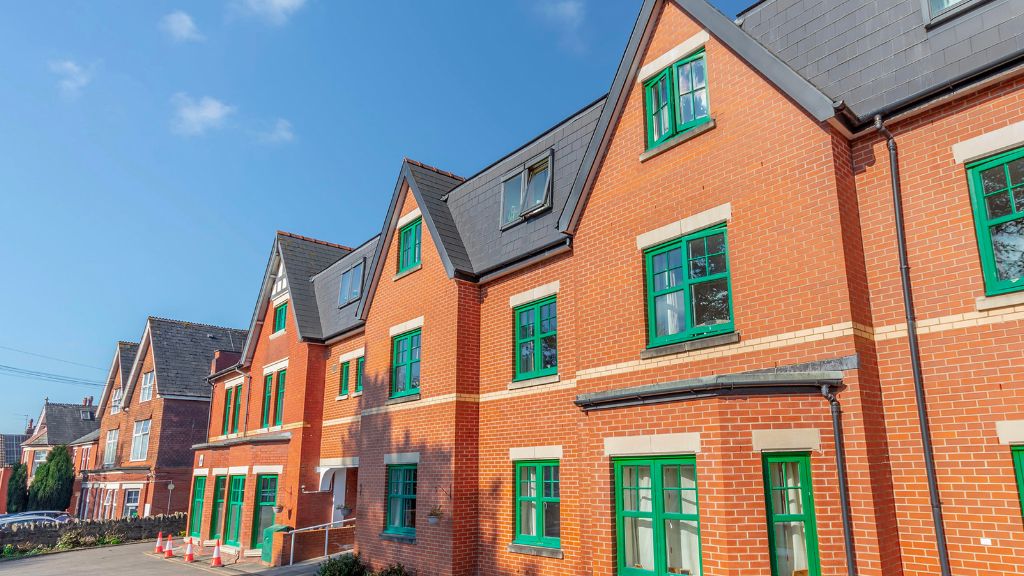Care home staff and families asked for opinions on visiting, with concerns raised around isolation
As an invitation goes out to staff, residents and their families to take part in a survey on care home visits, many are expressing their concerns about the effect of isolation, especially on those with limited mobility.
The Public Health Agency and Patient and Client Council have launched the Visiting with Care survey in Northern Ireland, to learn what is going well and what needs to be changed, following the lifting of some Covid-19 visiting restrictions in February. The survey closes on Friday 27 May 2022 and can be completed online here, or a hard copy of the survey is available by telephoning the Public Health Agency or the Patient Client Council.
Currently, when a care home is not in outbreak, visiting can happen in residents’ rooms with a window open and care homes will continue to operate a booking system for all visitors, including evenings and weekends. Children can visit, with the responsibility resting with the adult for supervision to ensure they adhere to all IPC measures. Any restriction on numbers has been lifted and close physical contact is enabled to include ‘brief’ hugging, but effective hand hygiene practices and masks remain. The situation changes when there is an outbreak in a care home when all visits have to be suspended unless there are exceptional circumstances such as end-of-life care.
However, campaigners in Scotland are calling for the last restriction to be dropped, claiming that it doesn’t prevent the spread of the virus. In Scotland, residents of care homes have secured the right to visit loved ones during an outbreak, with the government putting the proposed Anne’s law (named after Anne Duke whose family campaigned for better visiting rights during the pandemic) into national standards, meaning the law is put into effect while the legislation is being prepared.
Residents are now allowed one named visitor, even when restrictions are in place, and can have a visitor in their room if they are isolated during a Covid-19 outbreak in the care home.
Cathie Russell, moderator of the Facebook group Care Home Relatives Scotland, said that her group was “very, very concerned” at the ongoing impact of isolation.
“Last week I spoke to a care home manager who simply refused to isolate ‘her ladies’ anymore but this is what the Public Health Agency was asking for,” she added, “it’s a brave person who ignores their instructions.
“We believe (the Public Health Agency) needs to consider the adverse effects of isolation on cognition, mood and mobility,” Russell said, questioning how many of the residents who had been stuck for weeks in small rooms could no longer walk.
“While lockdowns across the whole population might reduce spread in the early stages of an epidemic, quite often the only people isolated in care homes are those who can’t walk or self-propel on a wheelchair, or those with the cognition to understand that instruction. Everyone else, including staff, is moving around the home and this measure hasn’t stopped any of our relatives from getting Covid-19 – but it has made them lose the will to live. It’s time to concentrate on ensuring folk in care homes have a good quality of life.
“We believe relatives should inform the care home that their relatives are being isolated against their will and that this is a breach of the care standards which require a resident’s wishes to be taken into account, even where their wishes involve more risk.”




